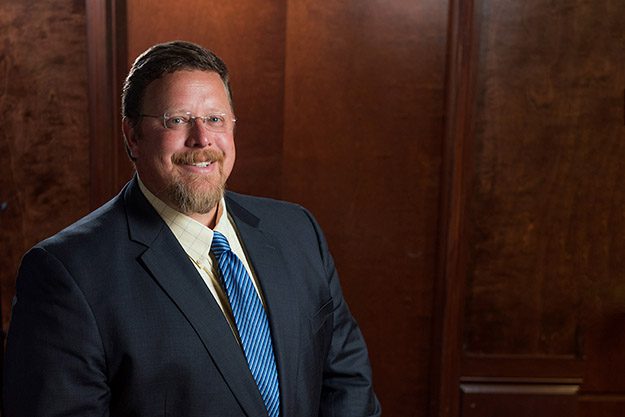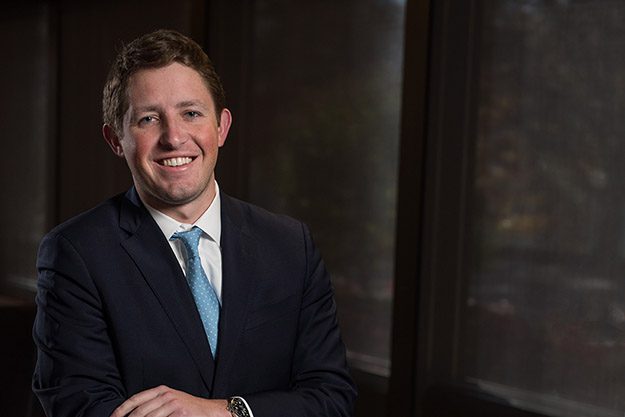Article
Resources
Article
Want the Warranty with That? Car Dealerships, Service Advisors and Overtime Pay
On April 2, 2018, the Supreme Court of the United States issued its opinion in Encino Motorcars, LLC v. Navarro, holding that, because service advisors at car dealerships are “salesm[e]n . . . primarily engaged in . . . servicing automobiles,” 29 U.S.C. § 213(b)(10)(A), they are exempt from the Fair Labor Standards Act’s (“FLSA”) overtime-pay requirement. According to the National Automobile Dealers Association, more than 100,000 service advisors are employed at dealerships nationwide. The Court’s opinion is significant for dealerships because it means the FLSA does not require they pay service advisors overtime if they worked more than 40 hours in a week.
Service advisors (also known as service writers or service salesmen) “interact with customers and sell them services for their vehicles.” Specifically, service advisors sell customers repair and maintenance services (and related parts) for their vehicles. Under the FLSA, “any salesman, partsman, or mechanic primarily engaged in selling or servicing automobiles, trucks, or farm implements, if he is employed by a nonmanufacturing establishment primarily engaged in the business of selling such vehicles or implements to ultimate purchasers” is exempt from overtime-pay requirement. 29 U.S.C. § 213(b)(10)(A). In 2011, the Department of Labor (the “DOL”) issued a rule that interpreted the word “salesman” in 29 U.S.C. § 213(b)(10)(A) to exclude service advisors. Under the DOL’s interpretation, dealerships were required to pay service advisors overtime if they worked more than 40 hours in a week. Relying on the DOL’s rule, service advisors working for Encino Motorcars, LLC sued the dealership in 2012 for allegedly violating the FLSA by failing to pay them overtime.
The Court concluded that “[a] service advisor is obviously a ‘salesman’” as they “sell [customers] services for their vehicles.” Because service advisors are “salesm[e]n,” they are exempt from the FLSA’s overtime-pay requirement. 29 U.S.C. § 213(b)(10)(A). The Court also said, in a statement of more broad application, the FLSA’s exemptions are not to be construed narrowly. The Court noted there are two dozen exemptions in the statute alone, which “as much a part of the [law’s] purpose as the overtime pay requirement.”
The impact of the decision should well extend past service advisors at car dealerships. First, the Court’s definition of salesman is straightforward: (1) “salesman” means someone who sells services; (2) a sales advisor sells repair services; (3) a sales advisor is a “salesman” because they sell repair services. That logic would apply to anyone who sells services in the industry. Second, by explicitly stating it would not construe FLSA exemptions narrowly, despite decades of decisions saying they would do just that, the Court has invited employers to be aggressive in defining who is exempt from federal overtime.
If you have any questions about tis issue, please contact us.



